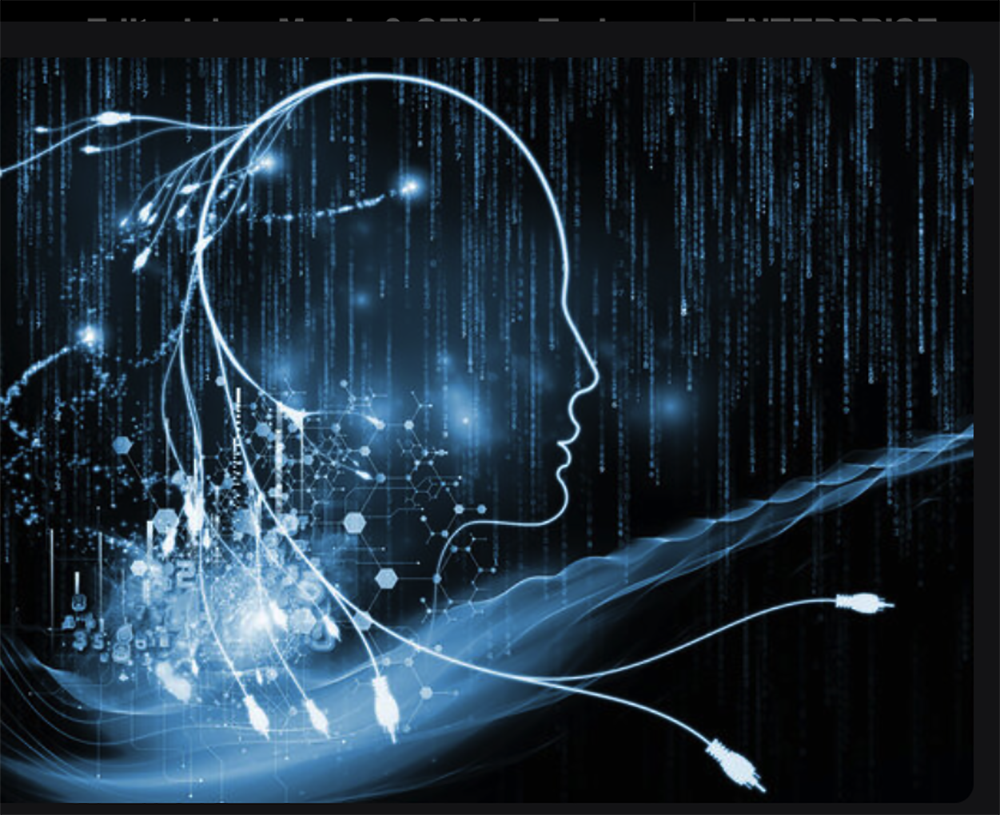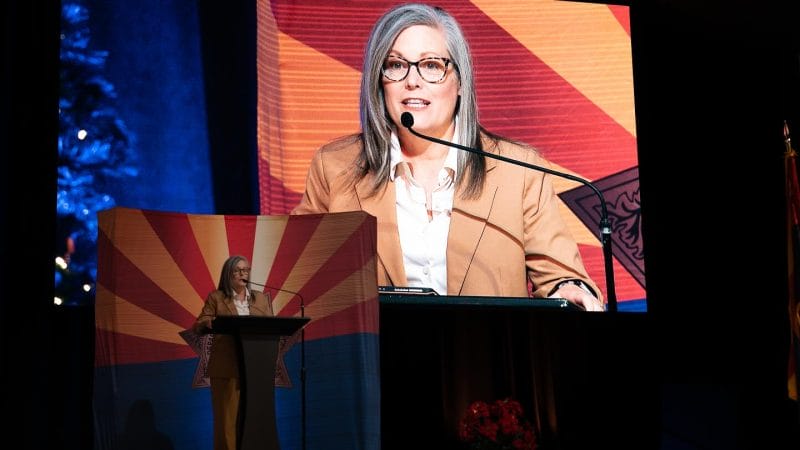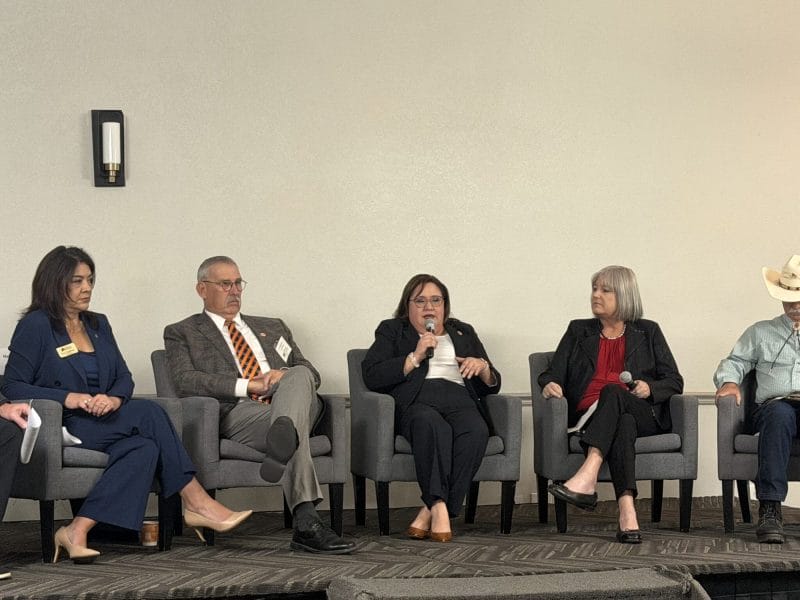Deposit Photos
Ryan Heath
Axios
Loneliness in the U.S., which spiked during the isolation of COVID, remains a public health “crisis” — and now the advent of ubiquitous AI-driven chatbots could make actual human contact even scarcer.
Why it matters: In the long haul, experts worry that AI might further cocoon people from the relationships and conversations they need. But in the short term, AI-powered companions, pets and mental health support services are already being drafted to fight the loneliness epidemic.
The big picture: There aren’t enough therapists, counselors and care providers in the United States to support every lonely person, while AI-based services can be scaled to poorly served regions and offered 24/7.
Three in four Americans say they experience loneliness, and Gallup estimates 44 million are experiencing “significant loneliness.”
Surgeon General Vivek Murthy says the effects can be equivalent to smoking up to 15 cigarettes a day.
Yes, but: Some mental health experts worry risks from AI tools offering health services without regulatory approval outweigh potential benefits.
On the positive side, advocates point to a list of applications where AI can provide some loneliness relief.








